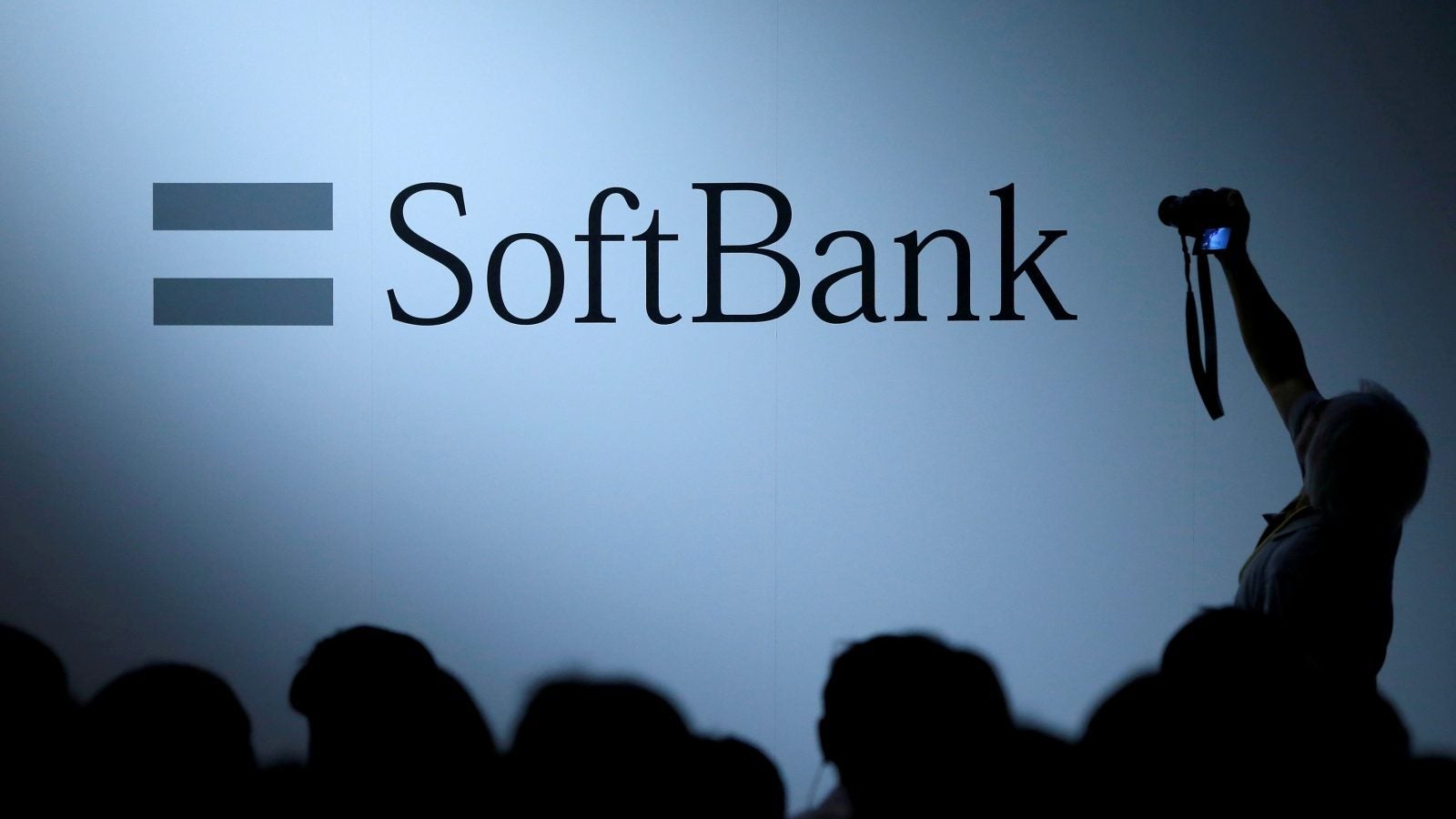After a stormy 2016, Softbank has smartly but cautiously picked up the pieces in India
After lurching from one disaster to another in 2016, Japan’s Softbank is hitting all the right notes this year.


After lurching from one disaster to another in 2016, Japan’s Softbank is hitting all the right notes this year.
Be it the whopping $1.4 billion investment in digital payments startup Paytm or backing Flipkart to make it the world’s third most-funded startup, Softbank’s new investments in well-established unicorns are a marked departure from its bets on untested Indian companies.
The Masayoshi Son-led firm also handled the failed Snapdeal-Flipkart merger, which it was rooting for, in a dignified manner. And it doesn’t look like it will be straying from this new path anytime soon. It is now reportedly looking to invest at least $100 million in Gurugram-based logistics provider Rivigo, which has been on a high since India launched its new tax regime.
Tough times
The year 2016 was a tough one for the entire Indian startup ecosystem, particularly so for Softbank.
Several of the company’s investments were in hot water: Troubled realty tech startup Housing.com was sold to competitor PropTiger at a time when its valuation was lower than the level when SoftBank had initially invested $90 million. The founder of budget-hotel aggregator OYO Rooms was in the dock for making false claims on his resume and for wrongfully booting his co-founder out. Grofers, an on-demand grocery e-tailer, downsized its operations at a time when the industry was doing well—it is now in talks to merge with larger rival BigBasket.
In April-December 2016, Softbank reported ¥39.3 billion ($350 million) in “loss recorded as the amount of change in the fair value of the company’s investments, primarily in India.” This was in addition to a $555 million write-down on the value of Softbank’s India portfolio during the six-month period ending September 2016.
Some experts believe that Softbank dented the entire Indian startup community with its poor performance. ”(Softbank’s play in India) spoiled the ecosystem by offering valuations which could not be justified from any financial or strategic mindset. It was driven by an aggressive ‘land grab’ mentality,” said Kartik Hosanagar, professor of marketing at the University of Pennsylvania.
To make things worse, Softbank president Nikesh Arora, who was leading its investments in India, faced strong criticism from investors for his high compensation, and an alleged conflict of interest as he was also a senior advisor to American private equity firm Silver Lake.
In June 2016, Arora abruptly resigned (pdf) following differences with Son over the latter’s succession plans. This, however, may have worked in Softbank’s favour, analysts believe.
The misfit
“Sometimes it is not about capability, it is about the right fit. Arora is a wonderful individual, understands the business really well, but he wasn’t a great fit at Softbank from a cultural perspective,” said Sanchit Vir Gogia, chief analyst at Greyhound Knowledge Group, a research and advisory firm.
Arora, he says, is a “true American venture capitalist who is aggressive and makes more risky bets,” while Japanese investors traditionally don’t venture into high-risk businesses.
Current CEO Son focuses on the long-term to pick his investments.
Such an approach works better for the firm in India, analysts said, adding that Arora’s dismissal was a long time coming. “Something more measured and steady might be more useful for Indian startups,” Hosanagar said. “They need to slow down, understand the market, and make a more calculated bet.” SoftBank did not respond to Quartz’s request for an interview.
Slow and steady
Softbank has already pumped in around $6 billion of its planned $10 billion investment in India.
The company’s recent investments show that, in line with its global approach, the company is going after Indian startups that are winners in their categories, like Paytm and Flipkart. “That’s where Softbank has hit the nail on the head,” Gogia believes.
“The Flipkart investment isn’t an investment in isolation…I think Softbank is playing its cards really well,” Gogia said. It is bringing a balance to its investments by backing later-stage startups. While this move may appear too late, “if you take a little longish view on it, say a five-year horizon, you’ll see the merits (in these investments),” Gogia said.
However, there’s a lot more Softbank still needs to work on. A stronger board in India would be a good starting point, Gogia said. It would also be important for the company, as for its peers, to look at exit strategies and making money on its investments.
“They (Softbank) should not fall into the ‘India is the next China’ mindset,” warns Hosanagar.